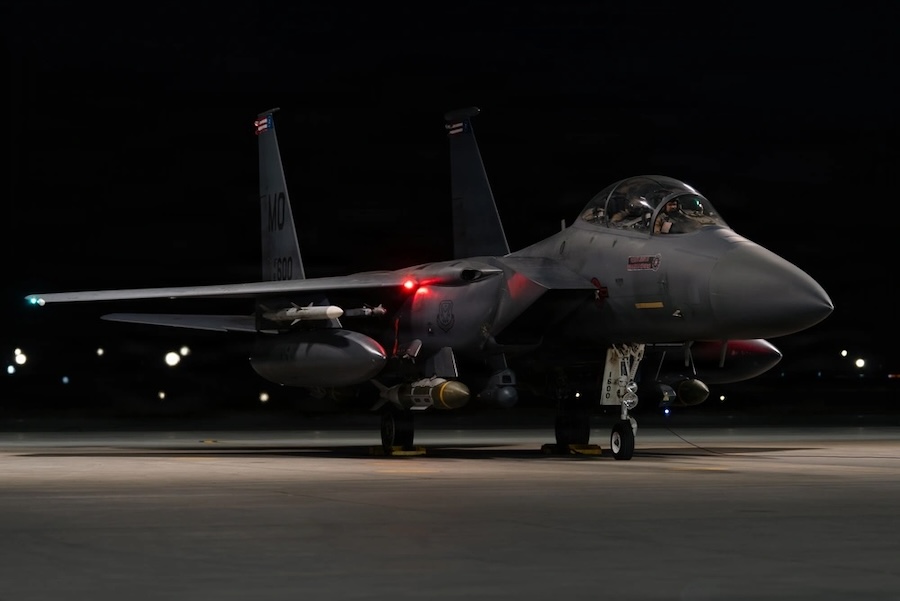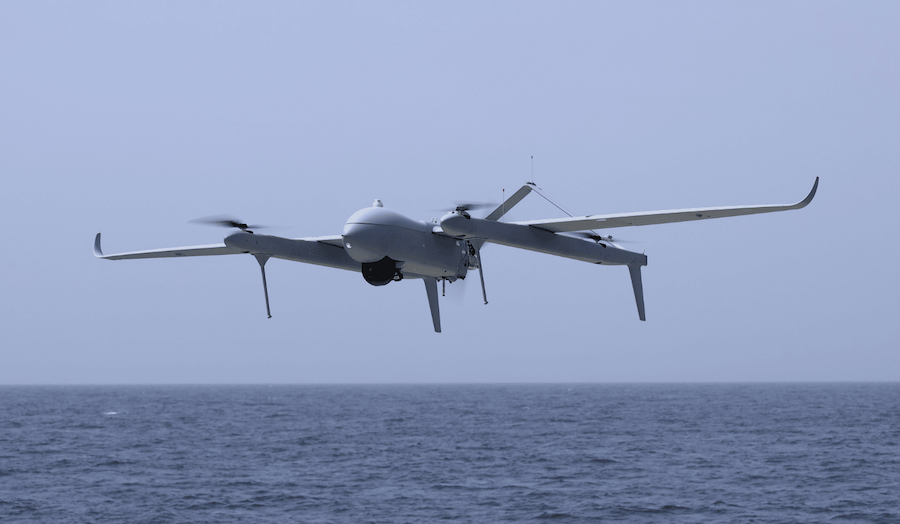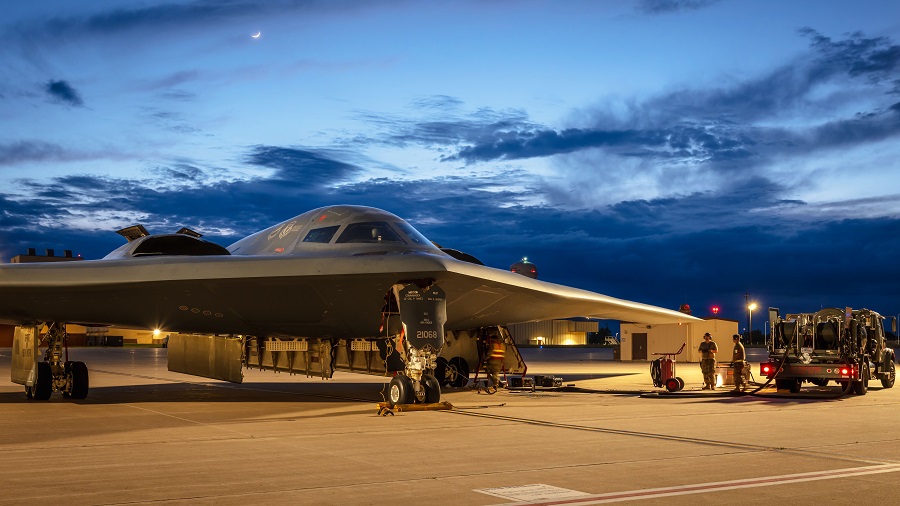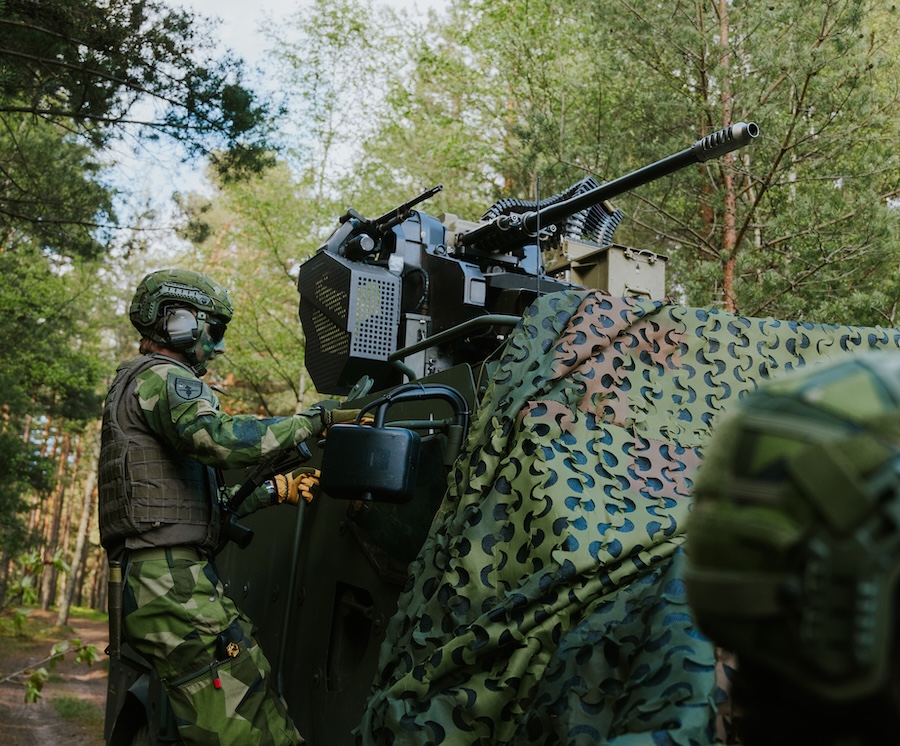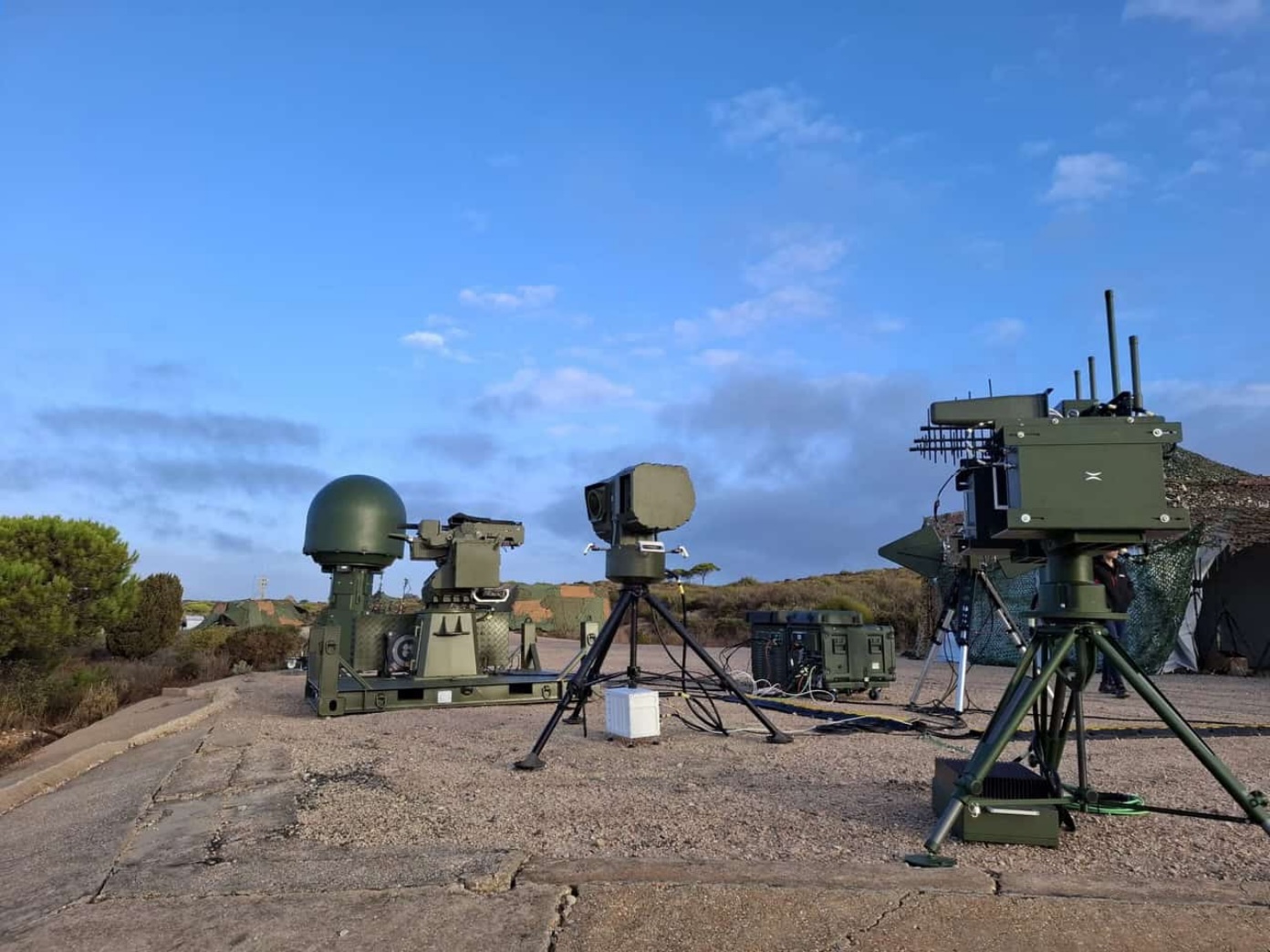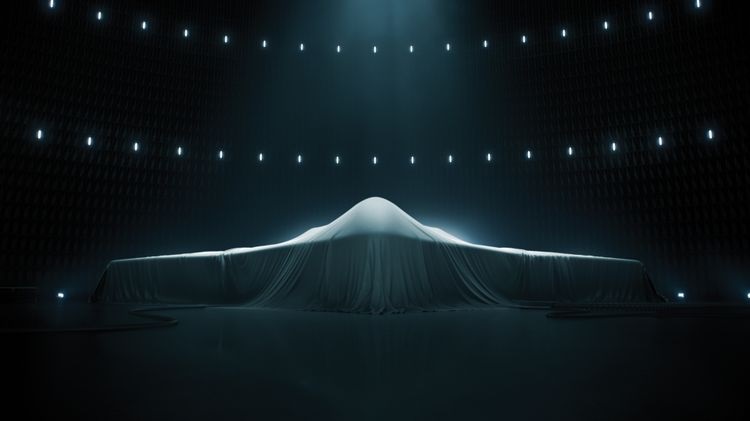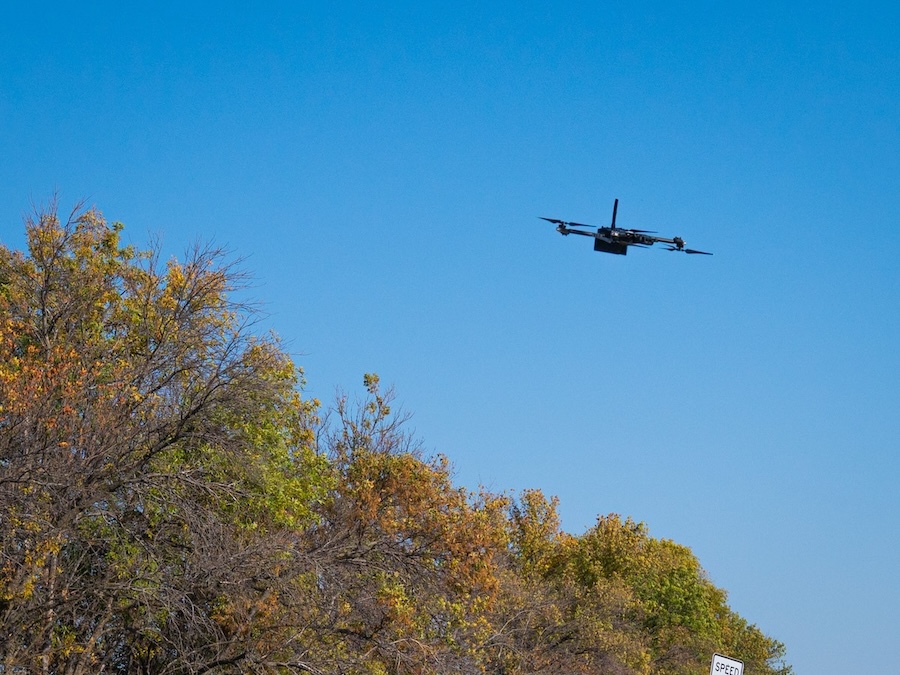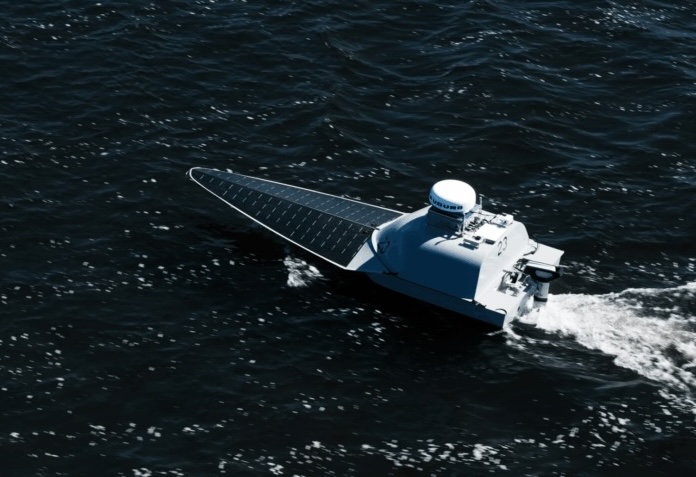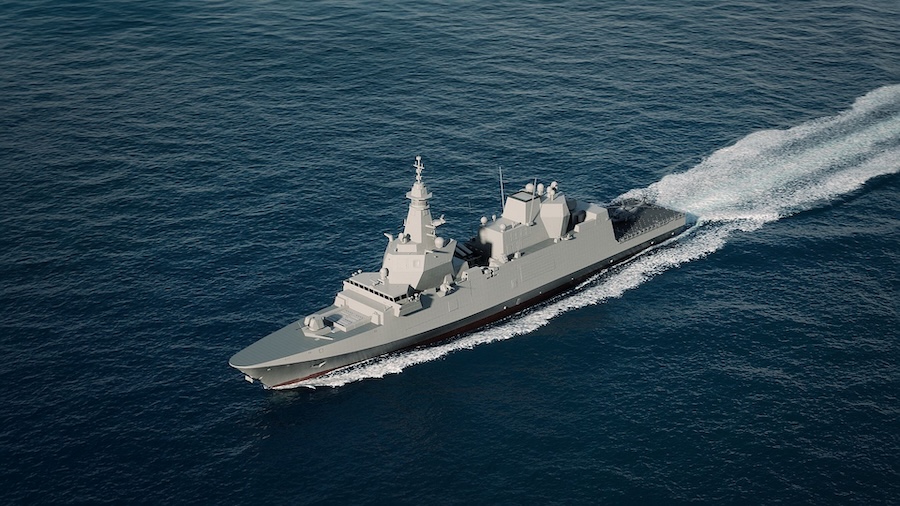Drawing from the ongoing war in Ukraine, panellists stressed the importance of sustained ammunition supplies and rapid equipment repair and replacement. They highlighted the critical role of “magazine depth” – maintaining adequate reserves alongside cooperative production of munitions, parts, and weapon systems.
Experts agreed that readiness depends on more than weapons; it requires a comprehensive sustainment infrastructure. This includes readily available repair parts, subassemblies, and essential components to support sustained operations.
Panellists also argued that a robust defence industrial complex is vital for deterrence and success in future conflicts. They noted that current geopolitical and economic conditions present a rare chance to grow and modernise defence production at scale.
U.S. Army (Ret.) Gen. Edward Daly described his vision for the 2030 defence industrial base, stating: “It’s an ecosystem that’s modern, globally responsive, interoperable, and produces capabilities and technologically advanced products at scale to support not only the commercial sector, but the military as well.”
Lt. Gen. Miles Brown, deputy commanding general of U.S. Army Futures Command, outlined the Army Transformation Initiative (ATI) and the planned merger of U.S. Army Training and Doctrine Command with U.S. Army Futures Command. “This isn’t about bringing the family back together,” said Brown. “We’re building a 21st-century command – data-centric, collaborative, lean, agile, and adaptive.”
Brown added that the ATI is designed to move quickly and decisively, with innovation and speed at its core. “The whole point of the ATI is to take the opportunity we have now, with the national will and commitment to excellence, and to move out quickly, not to study for two or three years before we get after it,” he said.
The panel concluded that combining a modern defence industrial base with an agile command structure is key to NATO’s future readiness. Investing in these areas, they agreed, will give the alliance a strategic edge in an increasingly complex global security environment.









